Morocco’s Youth Rise in Protest ; “We Need Hospitals, Not Football Stadiums"
- by Fatima, RNG247, Morocco
- about a month ago
- 179 views
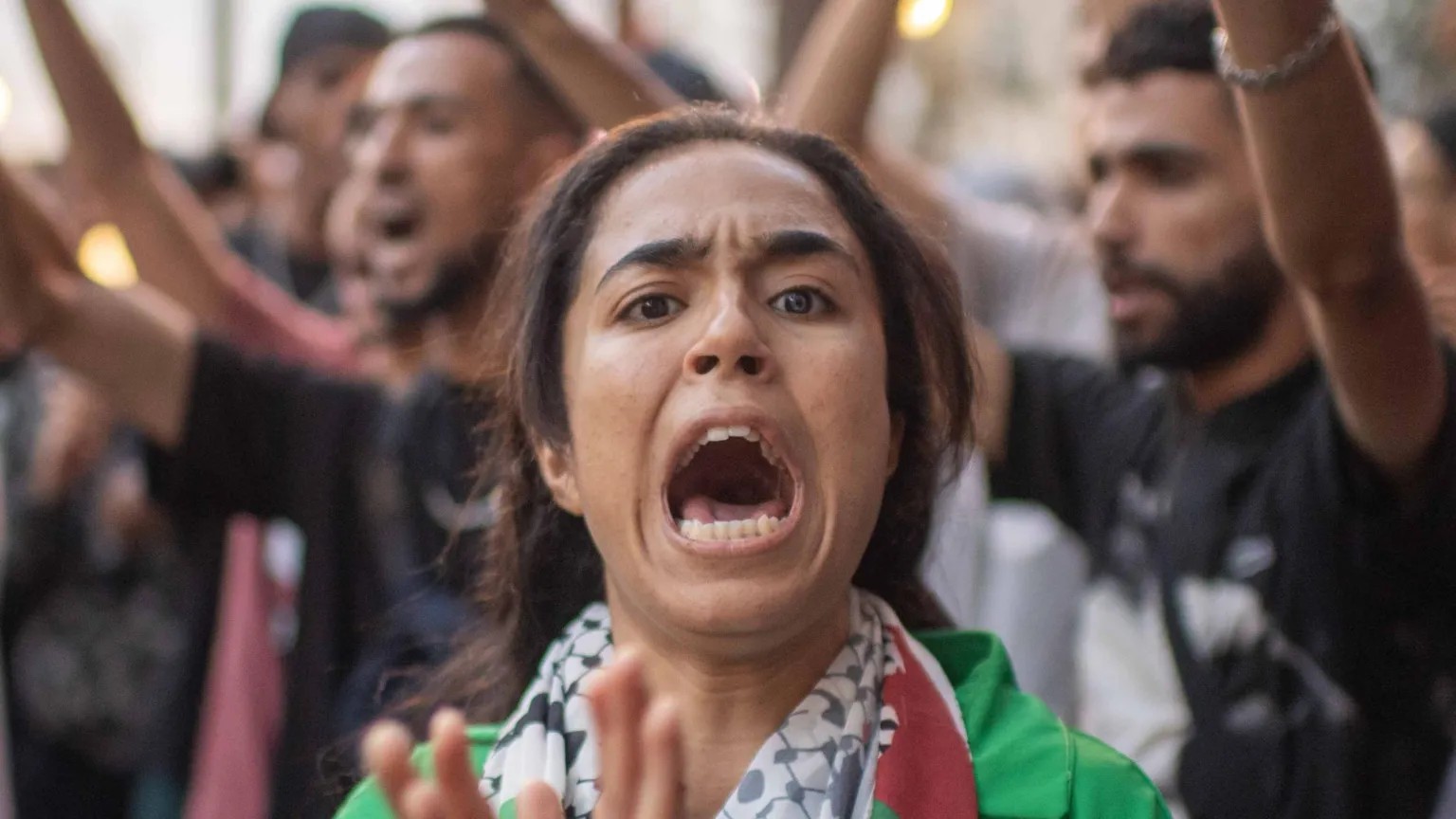
As Morocco prepares to co-host the 2030 FIFA World Cup, the nation is witnessing an unprecedented wave of protests led by its youth, who are demanding fundamental reforms in healthcare, education, and public services. The demonstrations, which began on September 27 and have since spread across 10 cities, are a direct response to the government’s decision to invest billions in football infrastructure while neglecting critical social needs. The protesters, organized under the banner of Gen Z 212—a nod to Morocco’s international dialling code—are calling for a shift in priorities, urging authorities to address systemic issues that have long plagued the country.
At the heart of the unrest is the construction of the world’s largest football stadium, a 115,000-capacity arena that is part of a $5 billion investment in World Cup infrastructure. For many young Moroccans, this project symbolizes misplaced priorities. “I am protesting because I want my country to be better. I don’t want to leave Morocco, and I don’t want to resent my country for choosing to stay,” says Hajar Belhassan, a 25-year-old communications manager from Settat, a city 80 kilometers south of Casablanca. Her sentiment echoes the frustration of thousands who have taken to the streets, chanting slogans like “No World Cup, health comes first” and “We want hospitals, not football stadiums.”
The movement, which began on Discord and gained momentum through TikTok and Instagram, has drawn inspiration from recent Gen Z-led protests in Nepal. The demonstrators are demanding concrete action on a range of issues, including free and quality education, accessible public healthcare, affordable housing, better public transport, lower prices for basic goods, improved wages and pensions, and job opportunities for youth. They are also calling for English to replace French as the country’s second language, a symbolic shift that reflects their desire for modernization and global integration.
The protests were galvanized by the tragic deaths of eight women in a maternity ward in Agadir in mid-September. Reports suggest that the deaths could have been prevented with better care, proper equipment, and adequate medical staffing. This incident laid bare the dire state of Morocco’s healthcare system, which has just 7.8 doctors per 10,000 people—far below the World Health Organization’s recommendation of 23 per 10,000. For many, this tragedy was a stark reminder of the human cost of government neglect.
The response from authorities has been heavy-handed. Police have made mass arrests, and in some instances, clashes have turned violent, resulting in the deaths of three protesters. On October 1, three demonstrators were killed in the town of Lqliaa after an attempt to storm a police station. Authorities claim security forces opened fire in self-defense after protesters tried to start a fire and steal weapons, releasing CCTV footage to counter online narratives. However, the violence has drawn widespread condemnation from human rights organizations, protesters, and opposition groups.
Prime Minister Aziz Akhannouch has expressed openness to dialogue, but the leaderless movement remains skeptical. “We are making reasonable, basic demands. Health and education are necessities that should already be prioritised,” says Belhassan. “It breaks my heart to see young, educated, and peaceful people faced with arbitrary arrests.” Her friend’s brother was among those detained, a personal experience that pushed her to join the protests despite her fears for her safety.
Hakim, a 23-year-old protester from Casablanca who asked to remain anonymous, shares a similar story. Arrested during a peaceful demonstration, he spent hours in a police cell with around 40 others. “This government has been abusing their power too much,” he says. “My father had a stroke a little while ago. If we didn’t have some savings to get him treated in a private hospital, he would’ve died. What am I gaining from a country that is not providing healthcare for my ageing parents or educating me?” Hakim describes the state-funded education system as “far behind” private institutions, a sentiment that underscores the protesters’ broader grievances.
The Gen Z 212 movement is not the first time Morocco’s youth have taken to the streets. Comparisons have been drawn to the 1981 Bread Riots, where protesters were killed while demonstrating against rising food prices. More recently, the 2011 Arab Spring and 2016 protests led to constitutional reforms, including the strengthening of the prime minister’s role. However, what sets this movement apart is its decentralized nature. “We are not a political movement. We have no leader,” says Belhassan. “Maybe that’s why the police were arresting people, and why the government kept silent—because, in their eyes, we didn’t follow the traditional path of organizations and political parties.”
Despite the violence, the protesters have repeatedly called for peace and dialogue. Clean-up groups have been organized to address the aftermath of rioting and looting in certain areas. However, the demonstrators remain resolute. On Friday, calls emerged for King Mohammed VI to dissolve the government, a bold demand that reflects the depth of their frustration.
Looking ahead to 2030, Belhassan acknowledges the excitement surrounding the World Cup. “Of course, we are excited to host the World Cup. We love football; it is in our blood. But we are missing the foundations. Sure, let’s build stadiums, but let’s also build our education and health systems. Let’s take care of our people,” she says. For Morocco’s youth, the protests are not just about football or infrastructure—they are about reclaiming their future and demanding a country that prioritizes its people over prestige.



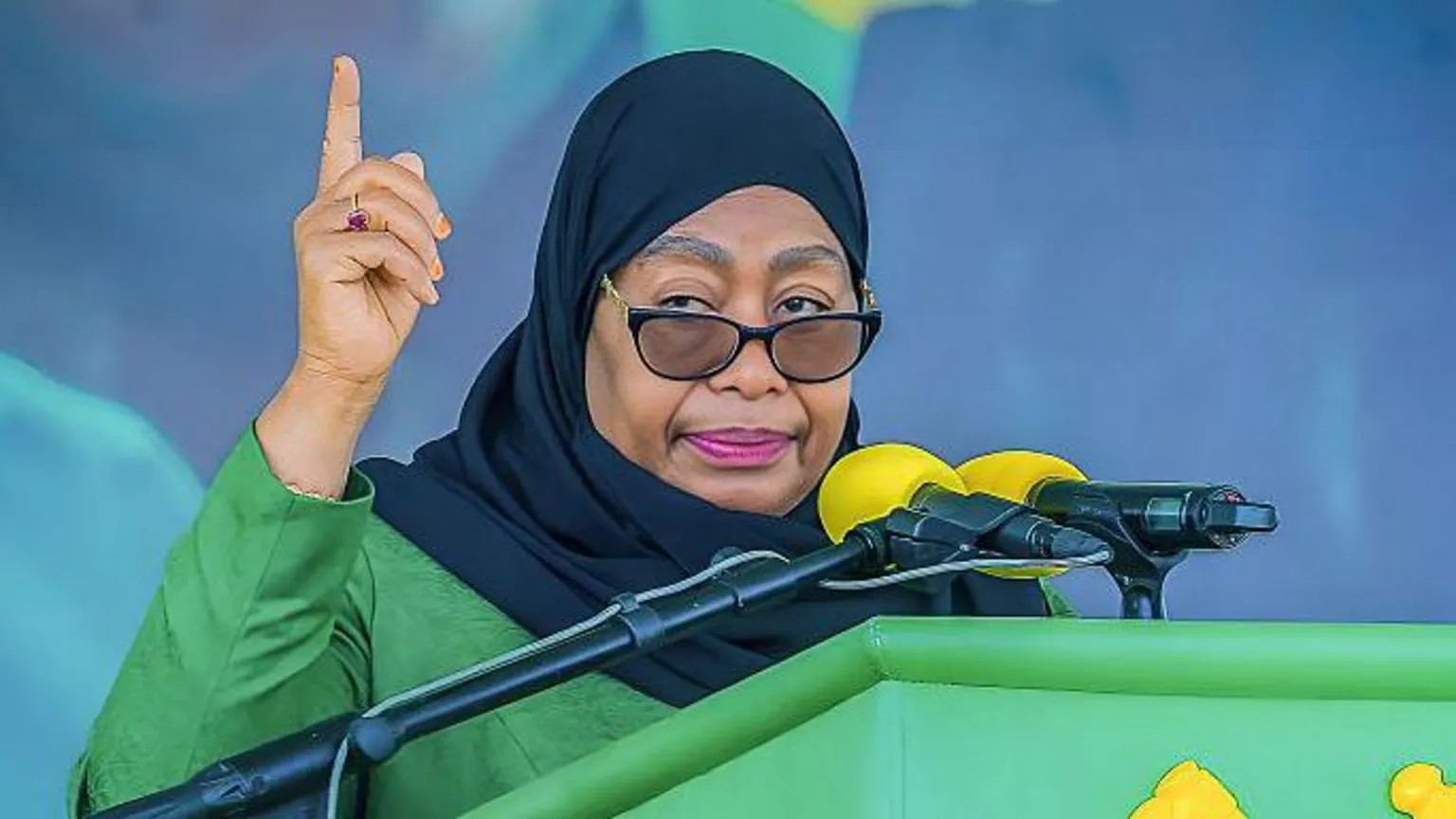
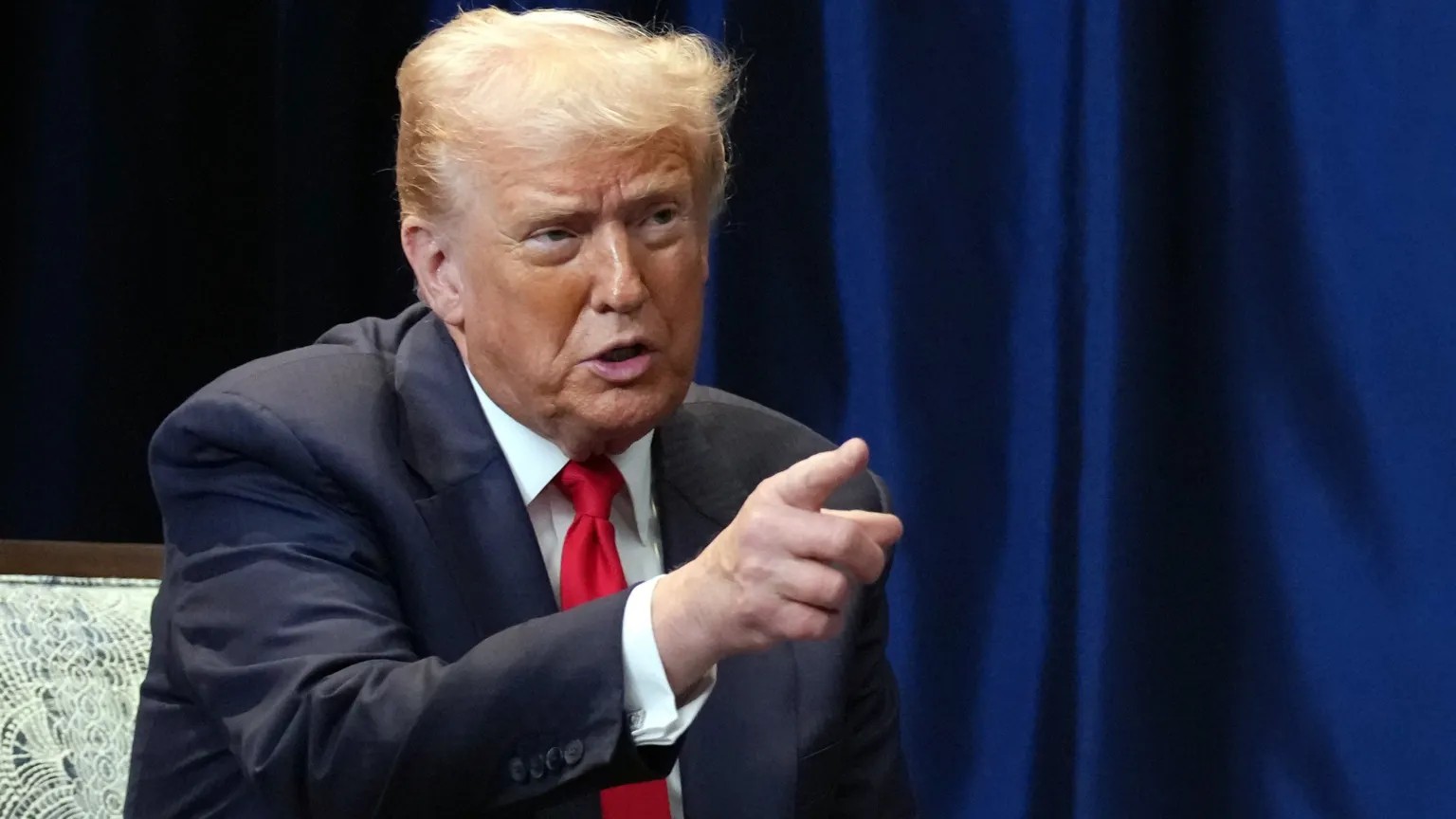
.jpeg)
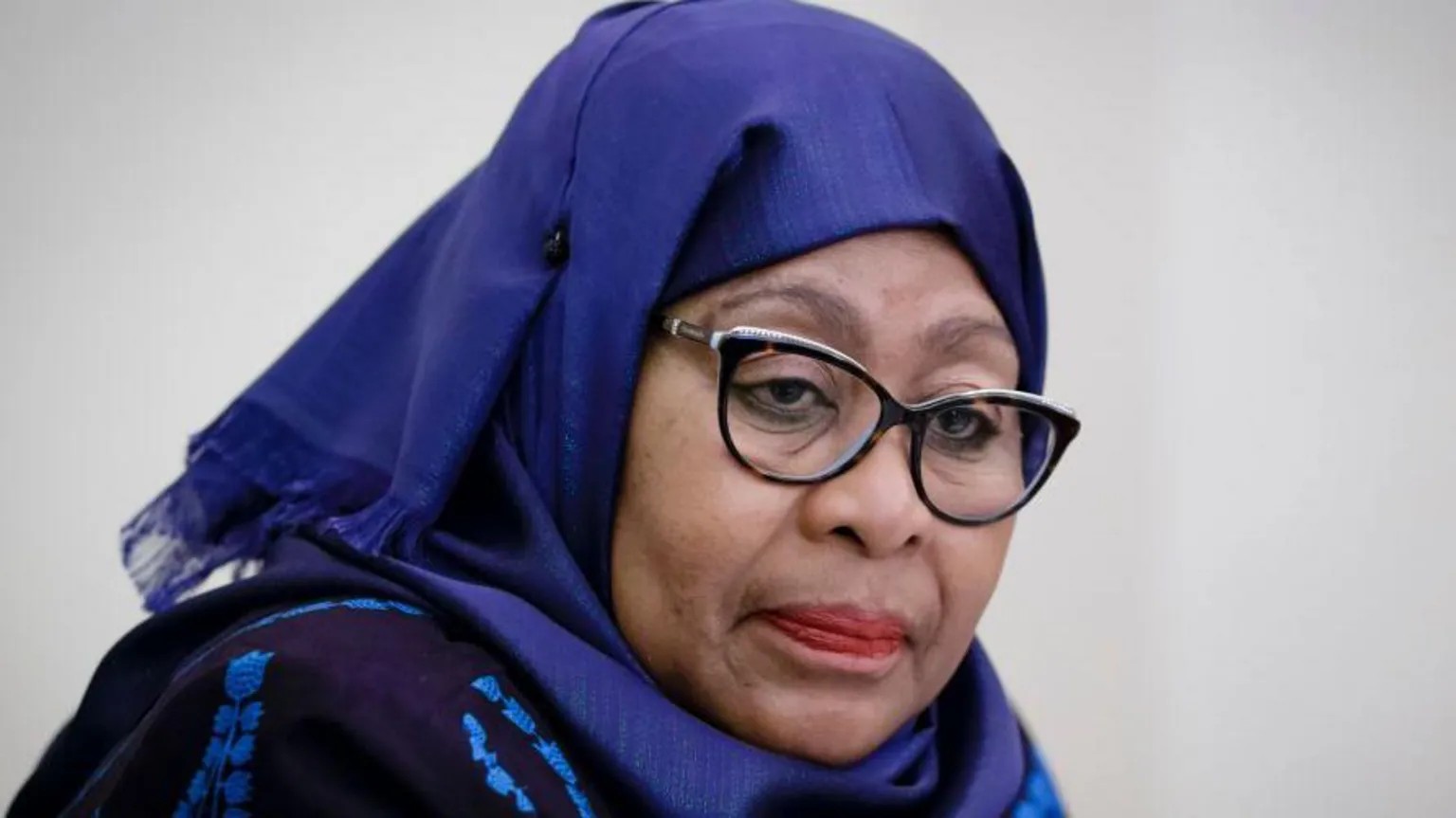
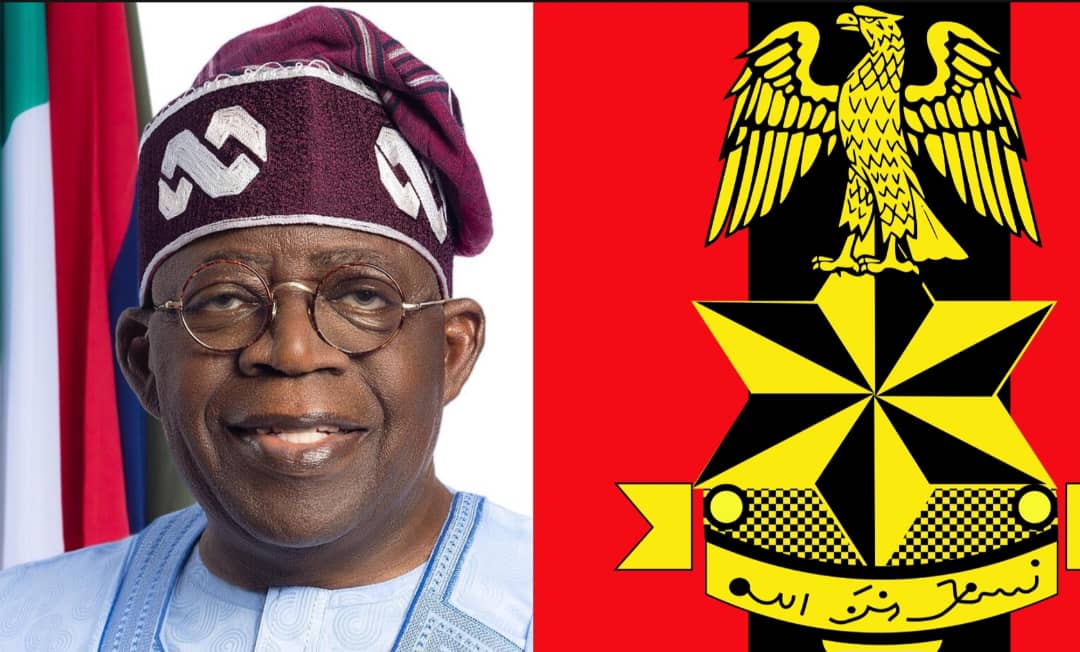
.jpeg)
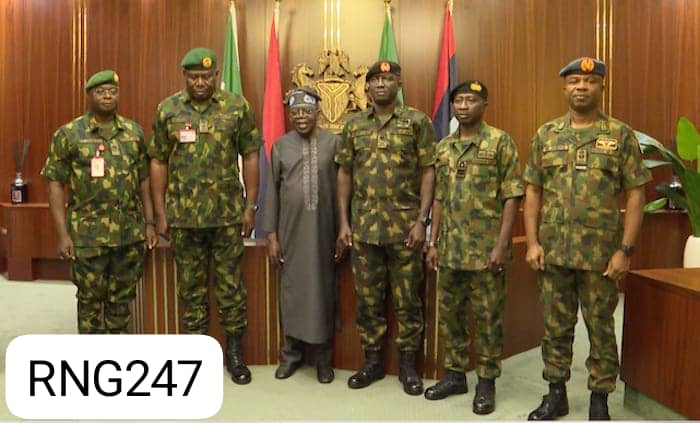
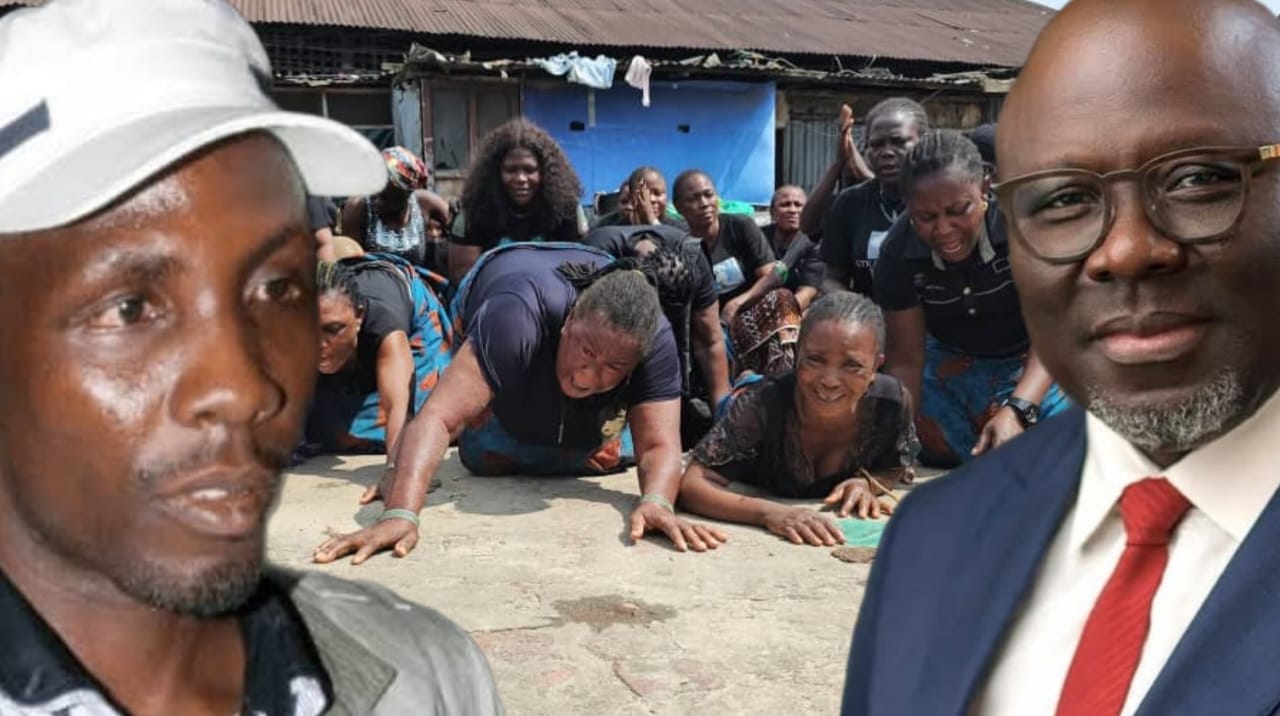
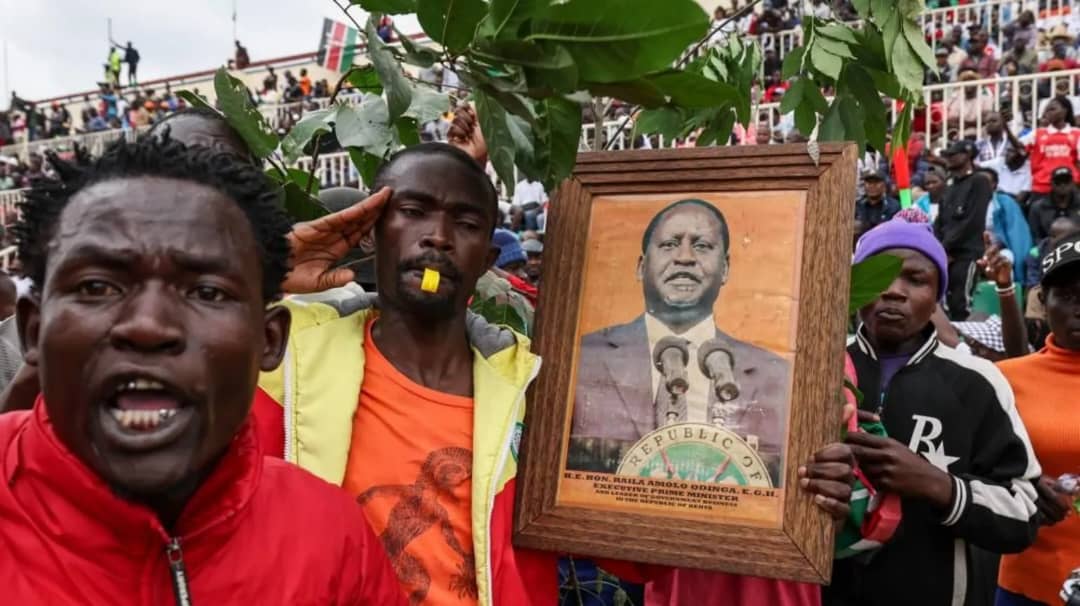
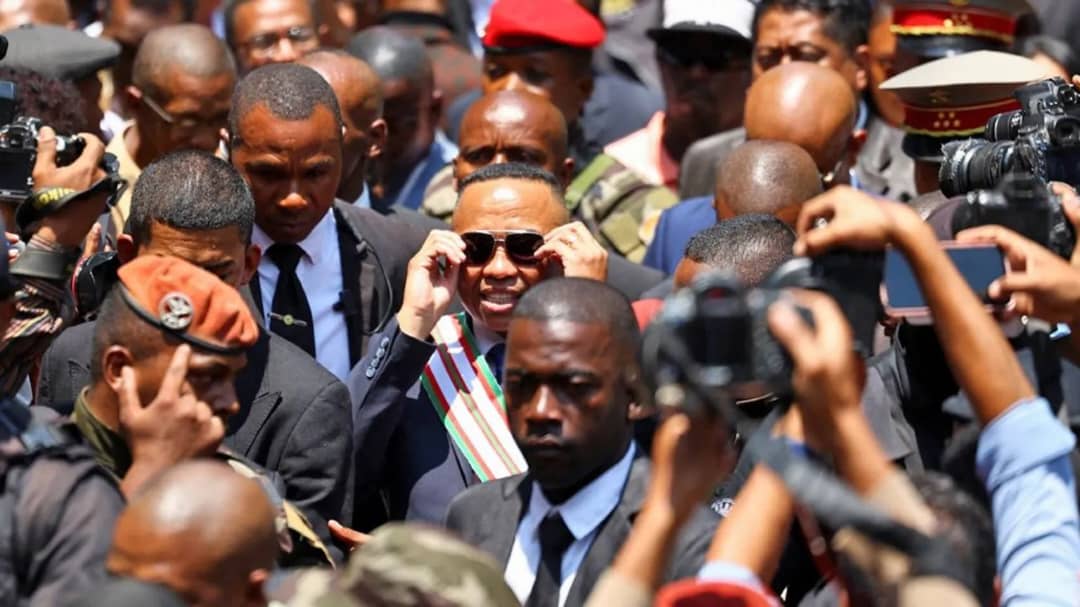
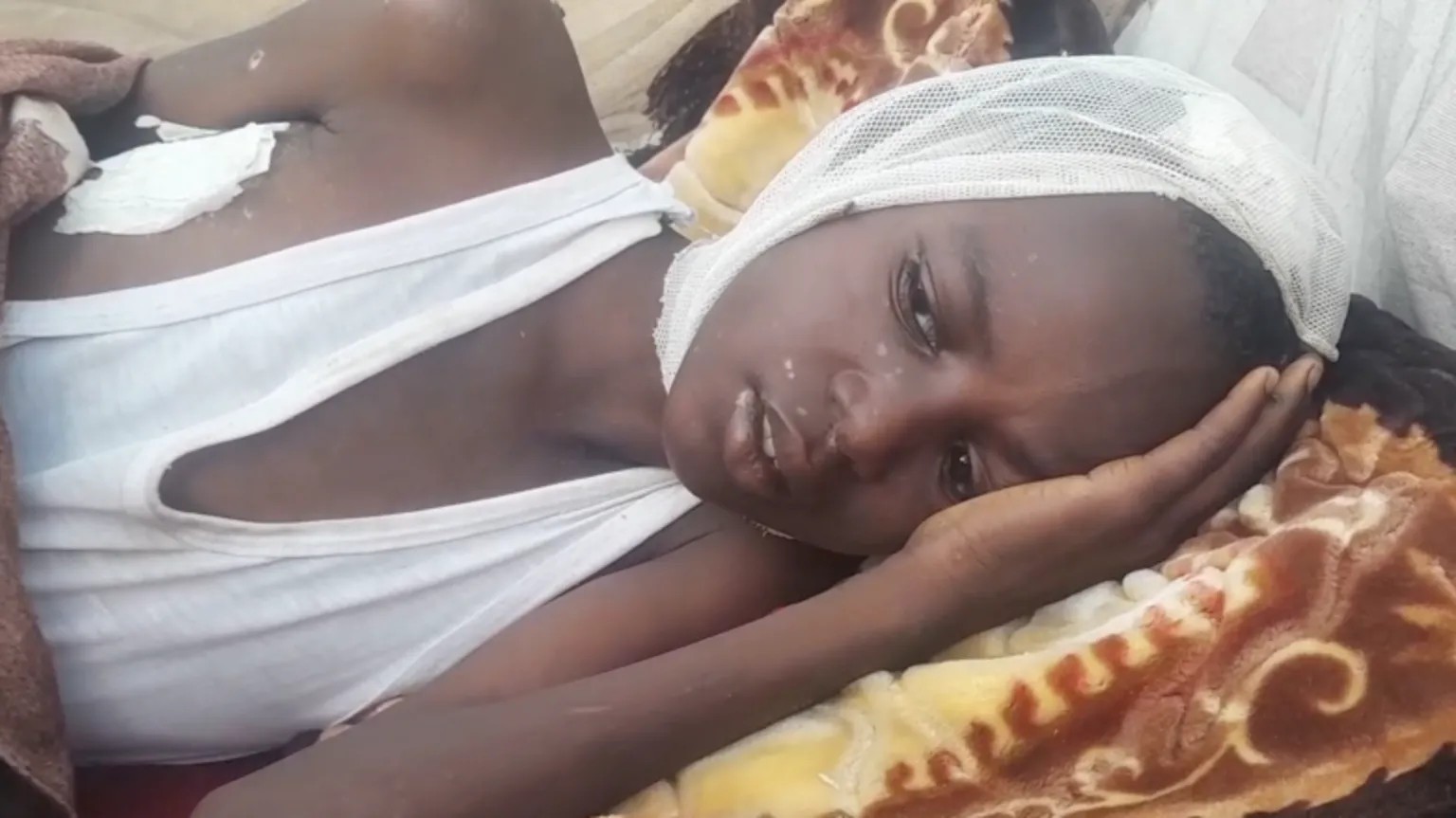
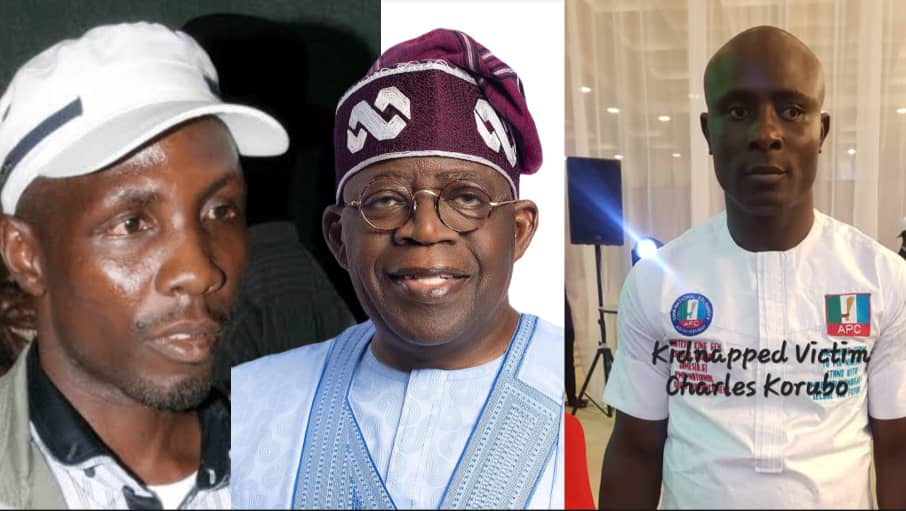

0 Comment(s)